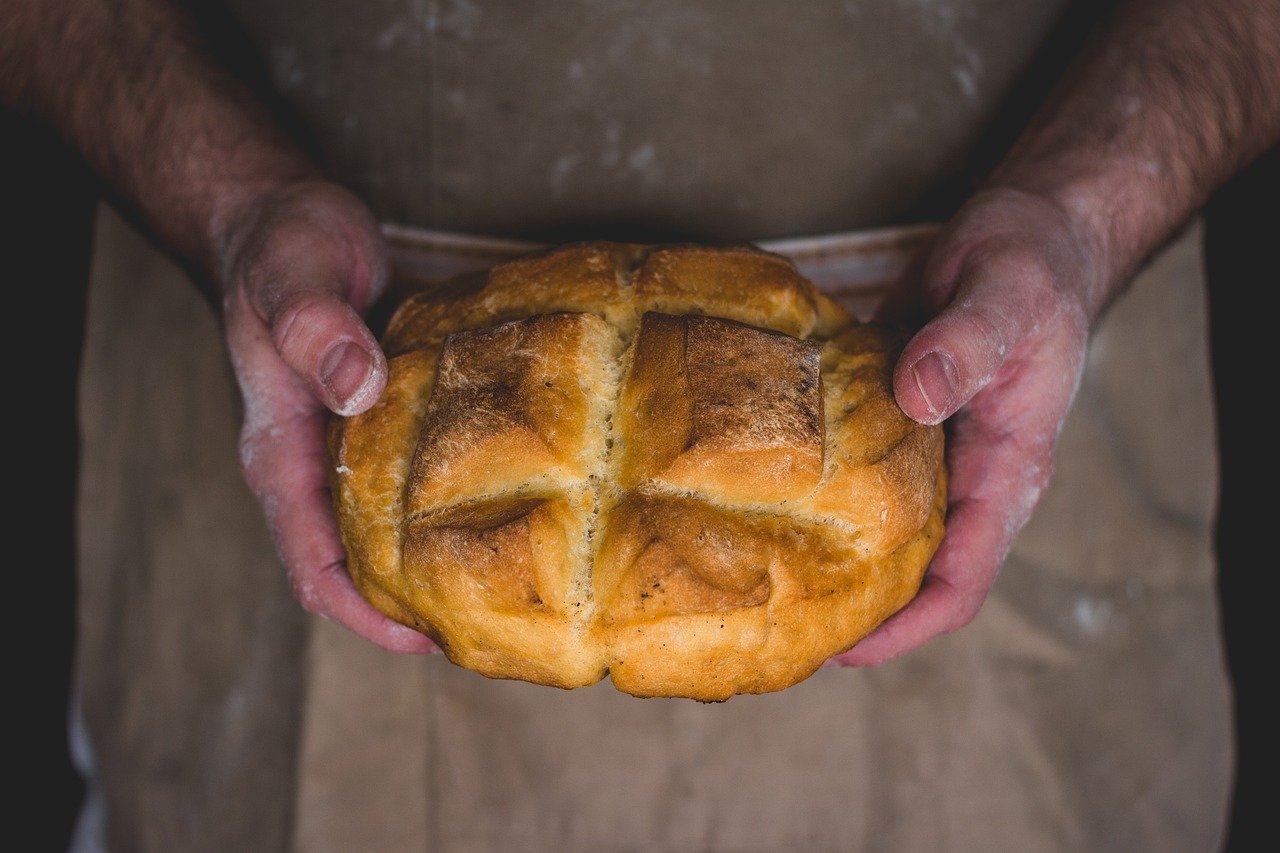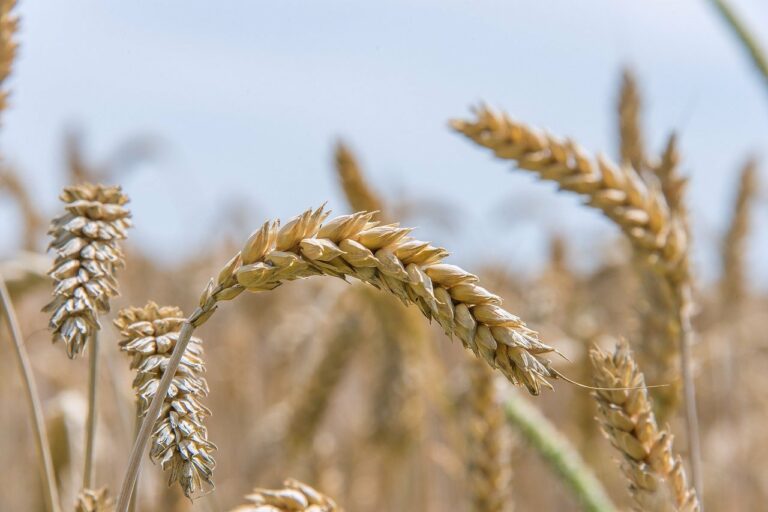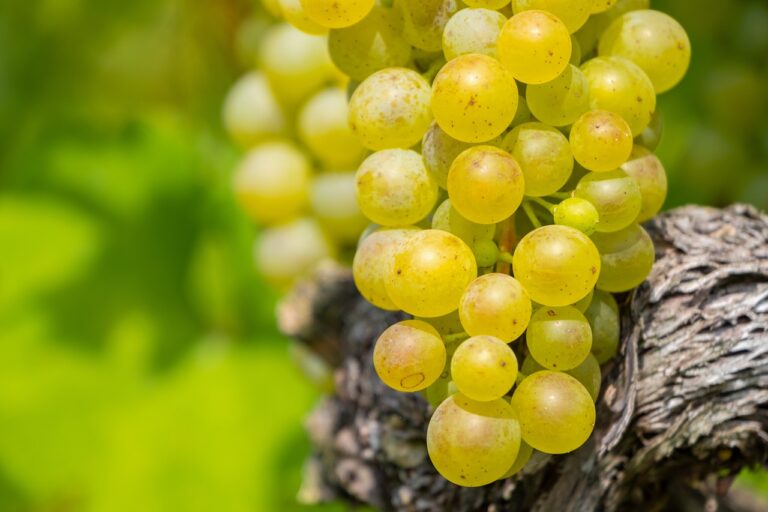Food Industry’s Role in Addressing Food Insecurity Among Indigenous Communities: Supporting Traditional Food Systems
Indigenous communities encounter numerous obstacles when trying to access traditional foods, essential to their cultural identity and physical well-being. One significant challenge arises from restrictions on hunting, fishing, and gathering imposed by governmental regulations. These limitations disrupt the natural processes of food acquisition that have sustained Indigenous peoples for generations, leading to a loss of connection to their land and heritage.
Additionally, environmental degradation and climate change further complicate the ability of Indigenous communities to procure traditional foods. Pollution, deforestation, and changes in weather patterns detrimentally impact the availability and quality of wildlife, plant resources, and water sources on which these communities rely. As a result, the sustainability and continuity of traditional food systems are increasingly threatened, jeopardizing not only the physical health of Indigenous individuals but also the preservation of their cultural practices and knowledge.
Impact of colonialism on traditional food systems
Colonialism has significantly disrupted traditional food systems within Indigenous communities. The imposition of foreign practices and the introduction of non-traditional foods have led to a disconnection from cultural roots and diminished access to vital sources of nutrition. The forced reliance on Western foods has resulted in a loss of traditional knowledge related to cultivation, harvesting, and preparation techniques, further eroding the cultural significance of Indigenous diets.
Moreover, colonial policies and practices have often marginalized Indigenous communities from their ancestral lands, impacting their ability to access and sustainably manage traditional food sources. Land dispossession, environmental degradation, and the imposition of restrictive laws and regulations have further increased the vulnerability of Indigenous peoples in maintaining their traditional food systems. As a result, the health and well-being of Indigenous populations have been compromised, leading to higher rates of food insecurity and diet-related health issues.
Importance of traditional foods in Indigenous cultures
Traditional foods hold immense significance in Indigenous cultures around the world. These foods are not just a means of sustenance but also a pivotal aspect of cultural identity and heritage. Passed down through generations, the preparation and consumption of traditional foods are deeply rooted in Indigenous traditions and values.
For many Indigenous communities, traditional foods are not just a source of physical nourishment but also spiritual nourishment. The act of gathering and preparing these foods is often accompanied by ceremonies and rituals that connect individuals to their ancestors and the land. The deep connection that Indigenous peoples have with their traditional foods goes beyond just the nutritional aspect, it forms a fundamental part of their cultural practices and ways of life.
Why are traditional foods important in Indigenous cultures?
Traditional foods are not only a source of nutrition for Indigenous communities, but they also hold cultural and spiritual significance. They connect Indigenous people to their ancestors, traditions, and land.
How has colonialism impacted traditional food systems in Indigenous communities?
Colonialism has disrupted Indigenous food systems through forced removal from ancestral lands, introduction of non-traditional foods, and policies that restrict access to traditional hunting and gathering grounds.
What challenges do Indigenous communities face in accessing traditional foods?
Indigenous communities often face barriers such as loss of land, environmental degradation, government regulations, and socio-economic factors that limit their ability to hunt, gather, and harvest traditional foods.
How can promoting traditional foods benefit Indigenous communities?
Promoting traditional foods can help improve the health and well-being of Indigenous peoples, revitalize cultural practices, strengthen community ties, and support sustainable food systems that are in harmony with the environment.







